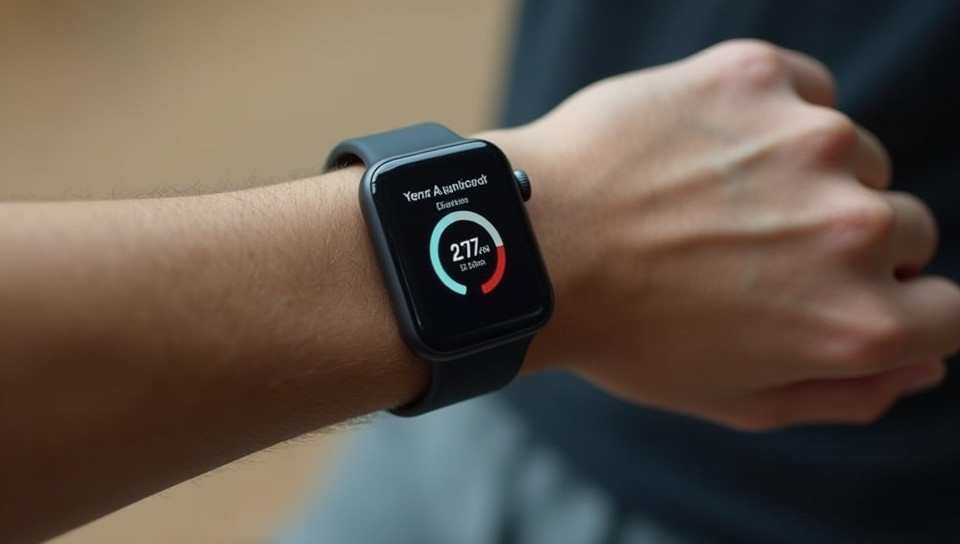Fitness trackers sometimes display distance traveled measurements 91%

The Truth Behind Fitness Trackers' Distance Measurements
Have you ever wondered how your fitness tracker accurately calculates the distance you've traveled? It's a question that has puzzled many of us, especially when we see varying measurements across different devices. In this article, we'll delve into the world of fitness tracking and explore why sometimes, these devices can display inconsistent or even incorrect distance traveled measurements.
Why Do Fitness Trackers Measure Distance?
Fitness trackers use a variety of methods to estimate distance traveled, including:
- GPS data from satellite signals
- Accelerometer data from movement sensors
- Algorithmic calculations based on user input
These methods are not always 100% accurate and can be influenced by various factors such as the quality of the device's hardware and software, environmental conditions, and even the user's individual physiology.
The Impact of Environmental Conditions
Environmental conditions such as altitude, humidity, and temperature can affect the accuracy of distance measurements. For example, high altitudes can cause GPS signals to be weaker, leading to less accurate readings. Similarly, extreme temperatures can affect the performance of movement sensors.
The Role of Algorithmic Calculations
Algorithmic calculations play a crucial role in estimating distance traveled. These calculations are based on user input such as stride length, cadence, and running or cycling speed. However, these inputs are not always accurate, which can lead to incorrect measurements.
Minimizing Errors in Distance Measurements
While fitness trackers are not perfect, there are ways to minimize errors in distance measurements. Here are some tips:
- Use a device with high-quality hardware and software
- Calibrate your device regularly
- Input accurate user data such as stride length and cadence
- Choose devices that use multiple methods to estimate distance traveled
Conclusion
Fitness trackers have revolutionized the way we track our physical activity, but their distance measurements are not always 100% accurate. By understanding how these devices work and taking steps to minimize errors, you can get a more accurate picture of your fitness journey. Whether you're a serious athlete or just starting out on your fitness path, it's essential to be aware of the limitations of fitness trackers and use them as a tool for inspiration rather than a definitive measure of progress.
- Created by: Paulo Azevedo
- Created at: Aug. 24, 2024, 11:03 p.m.
- ID: 8246









